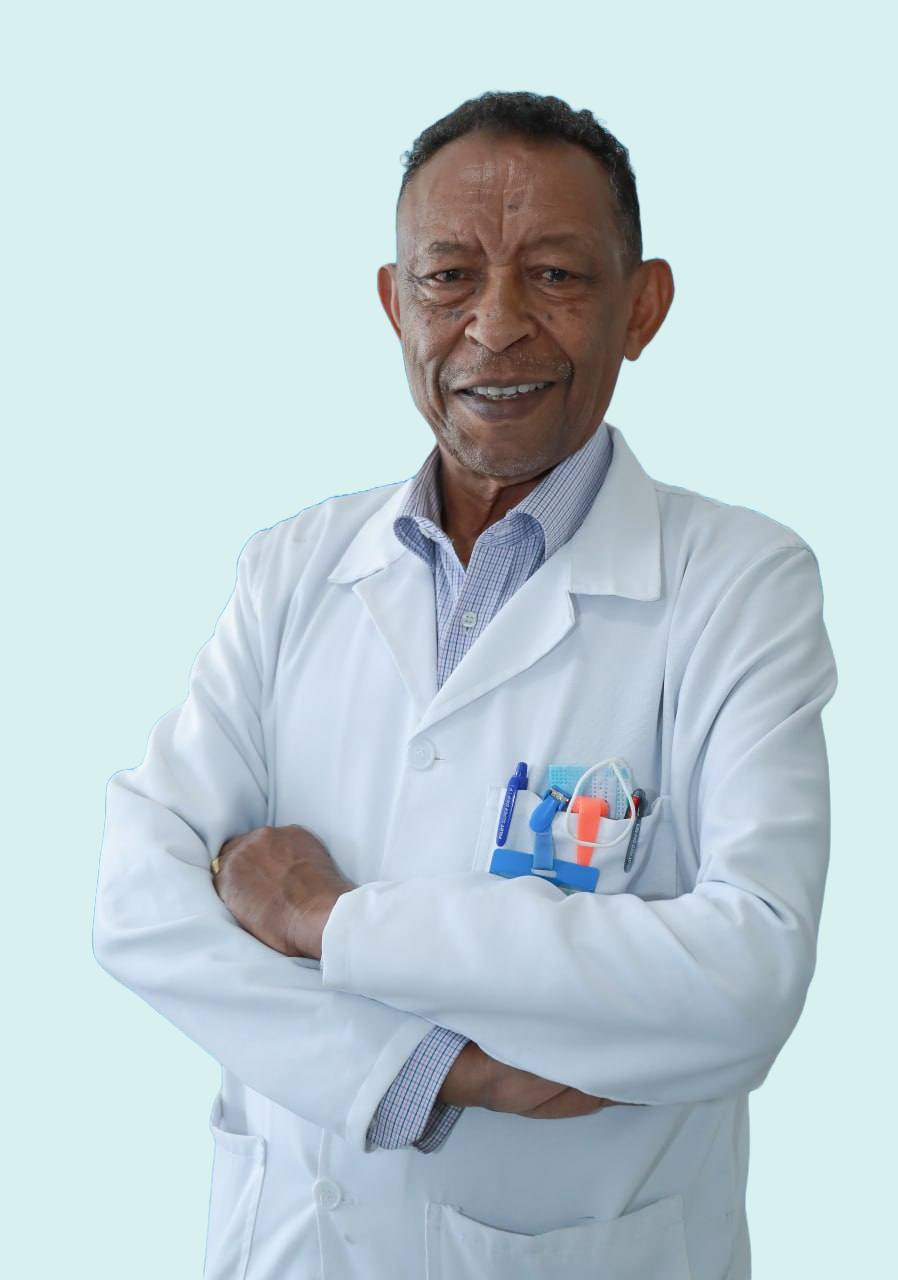Department of Ophthalmology
Message from the Head of Ophthalmology
" The Ophthalmology Department at ALERT Comprehensive Specialized Hospital has proudly provided exceptional eye care services for the past 47 years, expanding its reach both within the hospital and through community outreach programs. With the prevalence of blindness in Ethiopia at 1.6%, significant efforts have been made to extend eye care services to underserved areas. However, the shortage of ophthalmic professionals, infrastructure, and medical equipment remains a challenge, limiting our ability to provide comprehensive care to the general population and hindering our mission to prevent, manage, and rehabilitate visual impairment. Despite these challenges, our team remains dedicated, passionate, and committed to restoring sight. Witnessing blind individuals regain their vision is our greatest reward, and we are especially proud to expand our services to children in need. The generous support of CBM and the unwavering commitment of ALERT’s management have played a crucial role in raising public awareness and engaging communities in the fight against blindness and visual impairment. With the collaboration of all stakeholders, our department is deeply committed to enhancing eye care services and making them accessible to as many people as possible. The sky is our limit, and we will continue to work tirelessly to achieve our goals. "

Dr. Solomon Bussa
(PHD,Clinical and Community Ophthalmologist )
Head of the Department of Ophthalmologist
Alert Comprehensive Specialized Hospital
Historical Background
The Ophthalmology Department was established in 1978 in response to the high demand for eye care services. Initially, it operated with two rooms, five beds, one ophthalmologist, two nurses, one health assistant, and one cataract surgeon. Over the years, the department has expanded significantly, becoming a key provider of specialized eye care in the region.
Qualifications & Number of Health Professionals
The department is staffed with highly qualified professionals, including:
- 7 General Ophthalmologists
- 1 Glaucoma Subspecialist
- 7 Ophthalmic Nurses
- 1 Cataract Surgeon
- 6 Optometrists
- 30 General Nurses
- Retina and Pediatric Ophthalmology Specialists (expected to join after completing fellowship)
Facilities & Equipment
The department is equipped with advanced infrastructure to provide high-quality eye care, including:
Services & Activities
The department provides comprehensive ophthalmic services, including:
Future Plans & Center of Excellence Goals
The Ophthalmology Department aims to become a center of excellence by implementing the following strategies:
Service Hours.
The department extends the aforementioned services across both public and private wings. While all services mentioned are available during regular working hours on weekdays, emergency and inpatient services remain accessible outside of working hours, ensuring continuous coverage 24 hours a day, 7 days a week.
